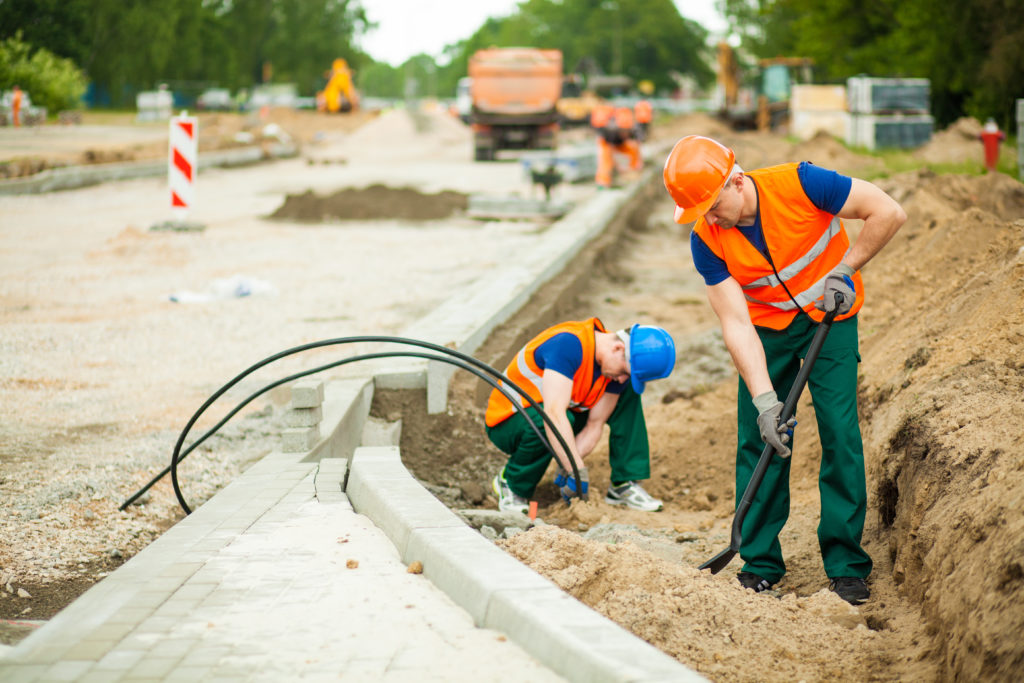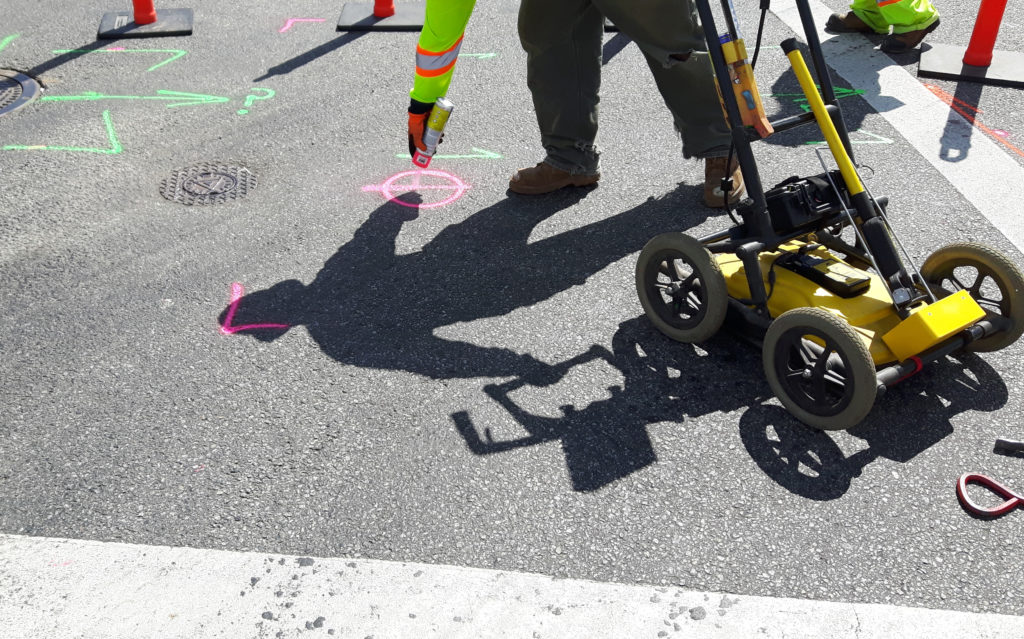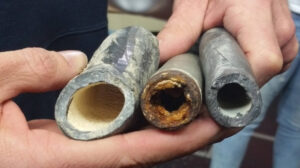
INDUSTRY TRENDS
Quality and Safety Controls to Avoid Costly Mistakes
April 13, 2020 | WRITTEN BY: Carmen
Written by: Hal Richard
In my 25 years of working with sewer and water installations, I’ve seen it all – or just about all of it. I’ve witnessed licensed contractors installing work with no permits, homeowners bootlegging repairs, workers with no protection in 20-foot-deep trenches and equipment that ripped its way through gas and electric utilities. In their rush to get homes built quicker, builders tend to lose focus on what is critical to a successful installation.
- Quality contractor
- Approved materials
- Inspections
- Safety: both before and during installation
Quality Contractor
Contractors come in all shapes and sizes, from a small mom-and-pop operation to large, multistate companies. When looking for a contractor, you need to understand the scope of work they will be performing, how much work you are going to have and how much you want to spend. Don’t forget to ask who is going to be performing the work. I had a situation a few years ago where a reputable contractor won the job, but the crew that showed up to do the work had never installed a sewer service before. In another case, the contractor subbed the job out to a contractor who didn’t have the necessary equipment to perform the work safely.

When seeking out a contractor, get several estimates because prices can vary drastically. I was on a sewer repair project where the owner got one estimate for just under $30,000 and signed a contract. They subbed the work out for less than $3,000. There are many good contractors out there, but it’s up to you to do your due diligence in finding the right one for your project.
Approved Materials
Another item to consider in successful installation is whose jurisdiction your work falls under. This will determine the requirements for materials and inspections. In the past, I worked for a large municipality that inspected all our work. We even inspected water and sewer in some of the suburbs around us. Each suburb had a different agreement with us. Without fail, several times a year, work would be performed that we were meant to inspect but were never notified about. Typically, we wouldn’t learn about this until they tried to obtain their occupancy permit and lacked the necessary signature on the building card. As you can imagine, this resulted in many delays, including the new owners moving in.

Each municipality may have different requirements for material used. The municipality that I worked for had its own testing facility and required multiple tests a year for all sewer and water construction materials. Make sure your contractor knows what is required to avoid costly repairs or delays.
Inspections
You need to know what inspections are required for your project. Does the inspector have the necessary certification? Do they have the local municipality’s standard drawings, rules and regulations and any other required information for the job?

Make sure they get out and inspect the work being performed. I was on a service connection project where the contractor was putting in the mainline for a new phase. The contractor was about 400 yards away and the project inspector was parked by me. When I asked him what the contractor was doing, he responded: “I am not sure but when they get done, he will stop by and tell me.” I don’t know about you, but I don’t need that inspector on any of my projects.
Safety
Some of the costliest shortcuts I’ve seen have been in safety. A few years ago, a local contractor was boring in a new waterline and decided they didn’t need utilities located because they knew where everything was. What they did not know, was there was a 4-inch gas main on the property which they proceeded to bore through. Consequently, there was a large explosion and four buildings were lost. The only blessing in it was everyone got out with no injuries.

Another costly situation I witnessed involved a contractor’s employee in a deep trench with no shoring onsite. When OSHA inquired, the contractor stated no one had been in the trench but pictures proved otherwise. The fines were over $20,000 – yet nothing in comparison to the possibility of knocking on his front door to tell his family he would not be coming home. We are all responsible for safety. Make sure your contractor has the necessary equipment to work safely and has called 811 at least 48 hours before starting any work.
RELATED TAGS:
[xyz-ips snippet=”comment-form”]




